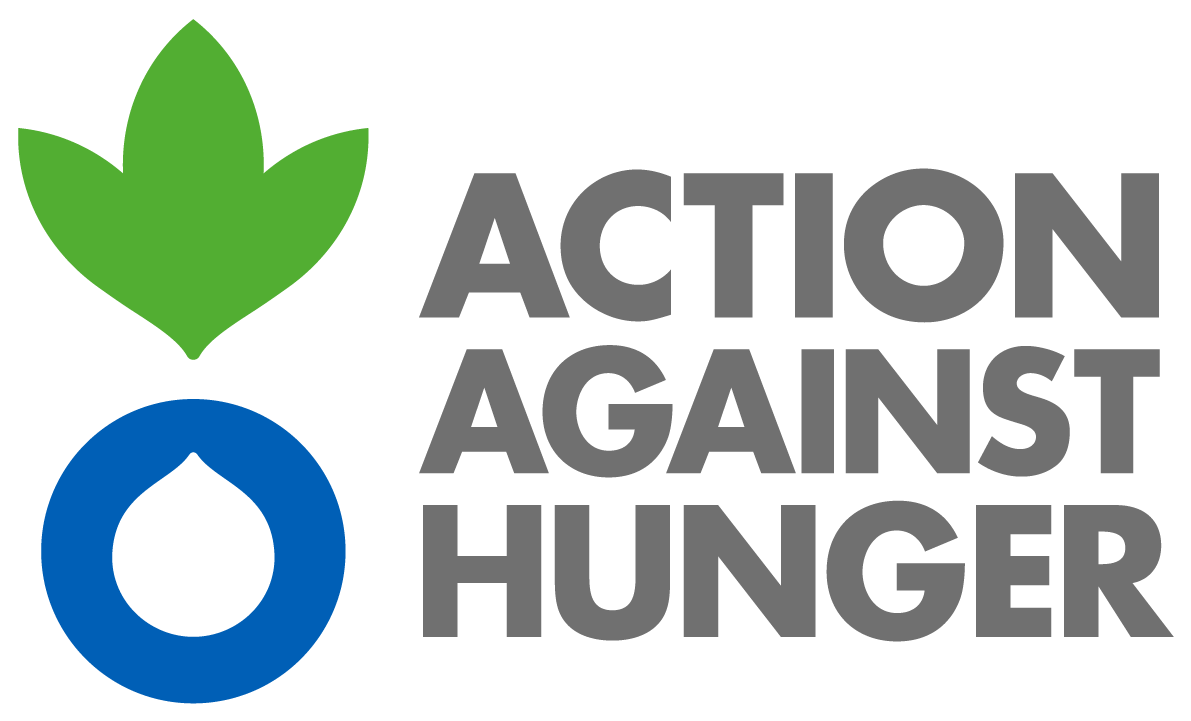New IPC Analysis Identifies Famine in El Fasher and Kadugli and Critical Risk in 20 Other Areas
Action Against Hunger warns of confirmed famine in Sudan and the need for urgent humanitarian access
Published by Action Against Hunger.
Spokesperson available.
Contact media@actionagainsthunger.org for inquiries.
- The new IPC (Integrated Phase Classification for Food Security) confirms that 375,000 people are in catastrophic conditions (IPC Phase 5), facing extreme hunger and death.
- Eighty percent of health facilities in Sudan are damaged or out of service, exacerbating the nutritional and health crisis.
- Humanitarian access is virtually blocked in the most affected areas, with supply routes cut off and frequent looting.
- Ninety-eight percent of people in emergency or disaster situations are concentrated in Darfur and Kordofan, where conflict and humanitarian blockades are exacerbating the crisis.
NEW YORK, November 3, 2025 /3BL/ - Action Against Hunger expresses its deep concern at the findings of the latest Integrated Food Security Phase Classification (IPC) analysis, which confirms the existence of famine (Phase 5) in the towns of El Fasher and Kadugli, and warns of the imminent risk of famine in 20 additional areas of Sudan. This is the second time in less than a year that the IPC’s Famine Review Committee (FRC) has confirmed famine in parts of Sudan.
According to the report, more than 21 million people face critical levels of food insecurity, and at least 375,000 are in catastrophic conditions, facing extreme hunger, acute malnutrition and death. The situation is particularly dire in the regions of Darfur and Kordofan, where armed conflict, mass displacement and restrictions on humanitarian access have collapsed food and health systems.
Action Against Hunger’s director in Sudan, Samy Guessabi, says: “Sudan is experiencing a silent famine that threatens to become a total catastrophe. El Fasher and Kadugli are under siege, with no access to food, water or medical care. Families are eating boiled leaves, peanut shells and animal feed. This situation is intolerable.”
“The international community cannot look the other way. We need an immediate ceasefire, unrestricted humanitarian access and urgent mobilization of funds to save lives. Every day that passes without action is a death sentence for thousands of people,” adds Guessabi.
Conflict, Displacement and High Food prices as Drivers of the Situation
The conflict in Sudan has forced millions of people to flee their homes, destroyed essential infrastructure — including 80 per cent of health facilities — and severely restricted humanitarian access. Although 2.6 million people have returned to their homes, more than 9.6 million remain displaced. At the same time, the food crisis is exacerbated by sustained price increases, crop losses and economic collapse, leaving many families unable to access basic foodstuffs.
The latest data reveals that more than 60% of the localities assessed have acute global malnutrition rates above 15%, with some areas of Darfur exceeding the 30% threshold, considered an indicator of famine. The lack of data in areas such as Dilling, Al Sunut, and Habila prevents accurate classification, but it is feared that conditions are also critical.
Action Against Hunger urgently calls on donors, international organizations and political actors to prioritize Sudan on the global humanitarian agenda. The organization insists that only a coordinated, sustained response focused on the most affected communities can prevent an even greater tragedy.
Action Against Hunger in Sudan
Action Against Hunger works in Sudan providing humanitarian assistance in contexts of extreme conflict, focusing its efforts on food security, nutrition, health, water and sanitation. The organization responds to famine and acute malnutrition through food distribution programs, livelihood support, cash transfers and the strengthening of local systems such as community kitchens and mutual aid groups. It also promotes protection, humanitarian access and civil rights advocacy.
***
Action Against Hunger leads the global movement to end hunger. We innovate solutions, advocate for change, and reach 26.5 million people every year with proven hunger prevention and treatment programs. As a nonprofit that works across over 55 countries, our 8,500+ dedicated staff members partner with communities to address the root causes of hunger, including climate change, conflict, inequity, and emergencies. We strive to create a world free from hunger, for everyone, for good.

